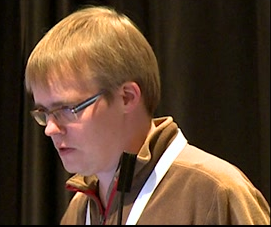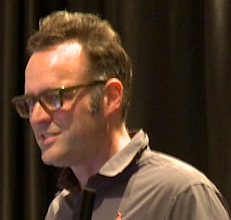Overload 128 is now available
ACCU’s Overload journal of August 2015 is out. It contains C++ related articles.
Overload 128
From the journal:
Don’t Design for Performance Until It’s Too Late: People claim optimisation can cause unreadable code. Andy Balaam argues good performance should be at the core of code design. by Andy Balaam
Template Programming Compile Time String Functions: Practising old exercises in new ways can keep you sharp. Nick Weatherhead demonstrates some well-known code katas using C++ compile time tricks. by Nick Weatherhead

 The
The  Have you registered for CppCon 2015 in September? Don’t delay –
Have you registered for CppCon 2015 in September? Don’t delay –  Have you registered for CppCon 2015 in September? Don’t delay –
Have you registered for CppCon 2015 in September? Don’t delay –